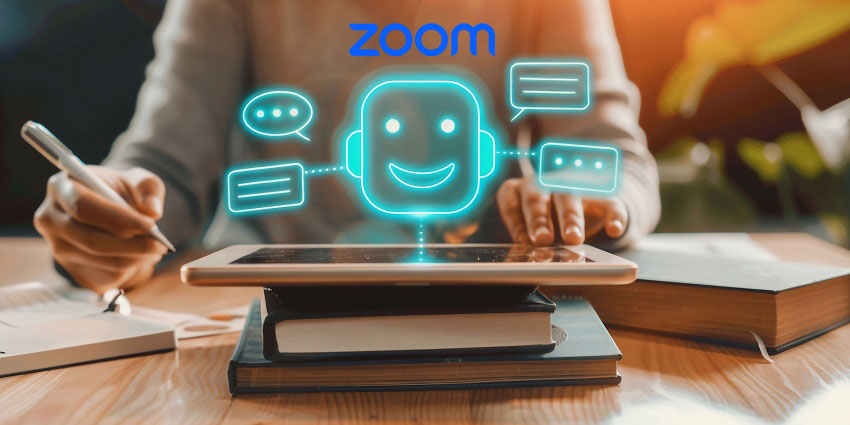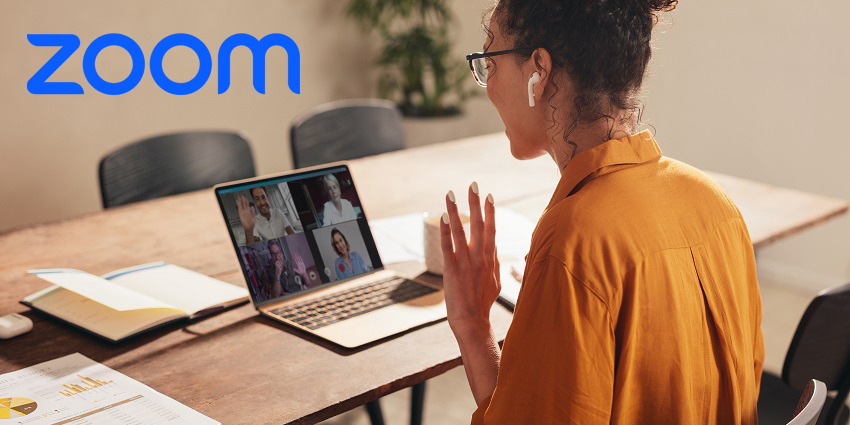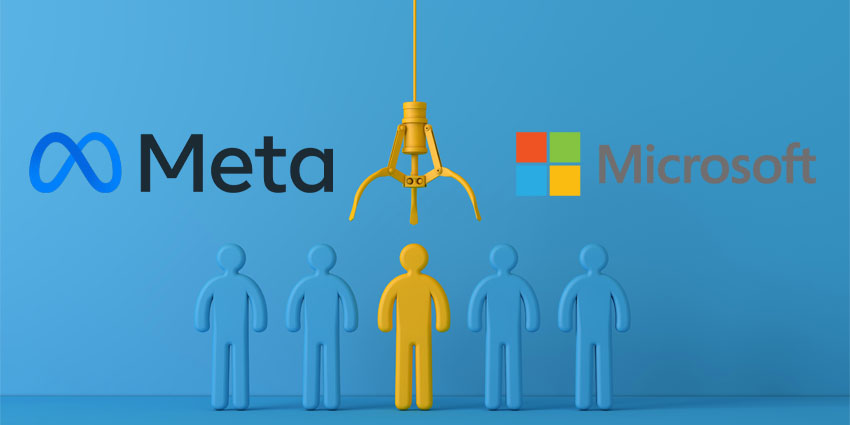Microsoft is expanding its Copilot Early Access Programme to 600 businesses.
Since March, Microsoft has tested Copilot through invitation-only reviews with 20 enterprise customers. It has expanded that to an initial wave of 600 after “overwhelming feedback” (said Jared Spataro, CVP of Modern Work and Business Applications at Microsoft) from those with preview access.
Microsoft is also introducing new Copilot AI capabilities to its 365 suite, including OneNote, Outlook and Whiteboard. Microsoft had outlined Copilot’s productivity-boosting features for PowerPoint and Excel in its initial announcement in March. It has since revealed the AI-powered solution’s integration with SharePoint and Microsoft Viva. This latest news means that Microsoft has implemented its AI across its full 365 suite.
Satya Nadella, chairman and CEO at Microsoft, commented:
This new generation of AI will remove the drudgery of work and unleash creativity. There’s an enormous opportunity for AI-powered tools to help alleviate digital debt, build AI aptitude and empower employees.”
The new capabilities include Copilot in Outlook, which will provide “coaching tips and suggestions on clarity, sentiment and tone to help users write more effective emails and communicate more confidently,” according to Spataro’s blog post.
In OneNote, Copilot will utilise prompts to draft plans, create ideas and process information so customers can find what they need. Copilot in Whiteboard intends to Teams meetings more creative. Users can input natural language to ask Copilot to summarise Whiteboard content, produce ideas, organise those ideas into themes, and then create designs off those ideas.
Microsoft is adding Dall-E, OpenAI’s image generator, to PowerPoint to empower users to create custom images.
Microsoft is also introducing a Semantic Index for Copilot. This new capability in Microsoft 365 E3 and E5 is designed to provide customers with a map of their user and company data to help them plan for AI.
“(The Semantic Index) understands that ‘sales reports are produced by Kelly on the finance team and created in Excel,” wrote Colette Stallbaumer, General Manager of Microsoft 365 and Future of Work. “And it uses that conceptual understanding to determine your intent and help you find what you need.”
Microsoft Research into AI’s Impact on the Future of Work
Microsoft also researched its insights from its 2023 Work Trend Index report, “Will AI Fix Work?”
There were three key findings from the report. The first is that digital debt —defined by Microsoft as the volume of emails, data and chats that outpace employees’ capacities — is costing us innovation.
The second is a “new AI-employee alliance,” with 70 percent of employees surveyed saying they would delegate as much work as possible to AI to lessen their workloads. The final insight was that every employee needs AI aptitude, given the technology’s potential to reshape working practices dramatically.
“The pace and volume of work have increased exponentially and are outpacing humans’ ability to keep up,” added Spataro. “In a world where creativity is the new productivity, digital debt is more than an inconvenience — it threatens innovation. Next-generation AI will lift the weight of work and free us all to focus on the work that matters.”
Microsoft Producing AI-Powered Solutions Across Multiple Projects and Partnerships
Copilot isn’t Microsoft’s only AI-centric project at the moment.
Last month, Microsoft announced that AI-based noise suppression would launch in December. According to the roadmap information for the feature, the update will automatically remove any “unwelcome” noise in the background of a user’s meeting.
Siemens is also releasing a Teams-integrated app powered by generative AI to boost productivity and innovation for industrial businesses. The app, Teamcenter for Microsoft Teams, is scheduled to launch later this year and is a collaboration between Teams’ platform, Siemens software for product lifecycle management (PLM), and Azure OpenAI Service’s language models, as well as other Azure AI capabilities.







